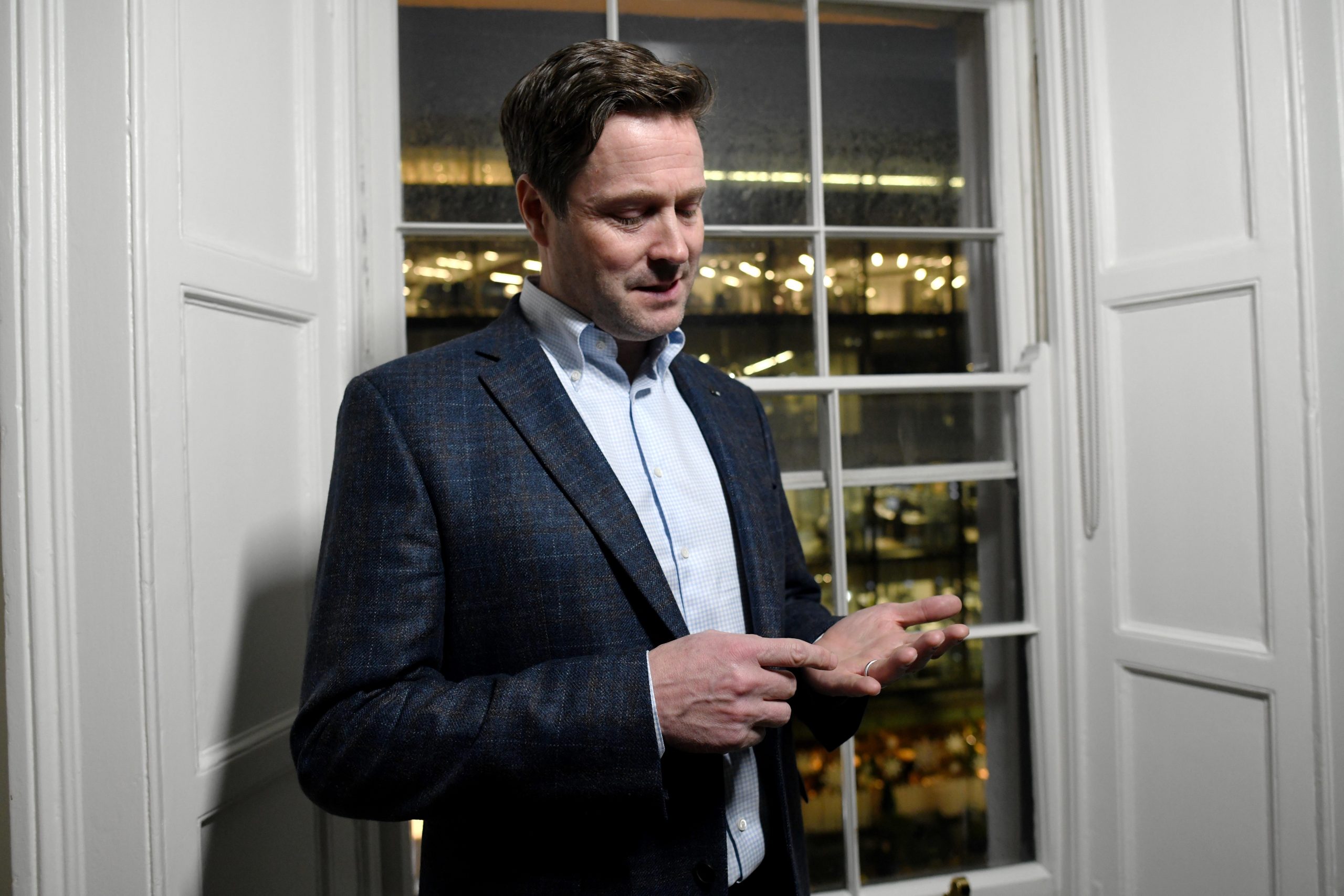It was a deal that required patience as well as skill. Almost two years ago, BiaVest, a food investment vehicle founded by two seasoned entrepreneurs, first approached Donegal Investment Group to see if it was interested in selling one of its prize assets called Nomadic Dairy. Stock market-listed Donegal was interested. Its team had been buying back shares in recent years and selling off assets, leaving it with just two prime businesses – Nomadic Dairy, a yoghurts company, and a separate potato seeds company. BiaVest’s founders Hilliard Lombard, and David McKernan loved Nomadic Dairy, which was selling in over 20,000…
Cancel at any time. Are you already a member? Log in here.
Want to read the full story?
Unlock this article – and everything else on The Currency – with an annual membership and receive a free Samsonite Upscape suitcase, retailing at €235, delivered to your door.

